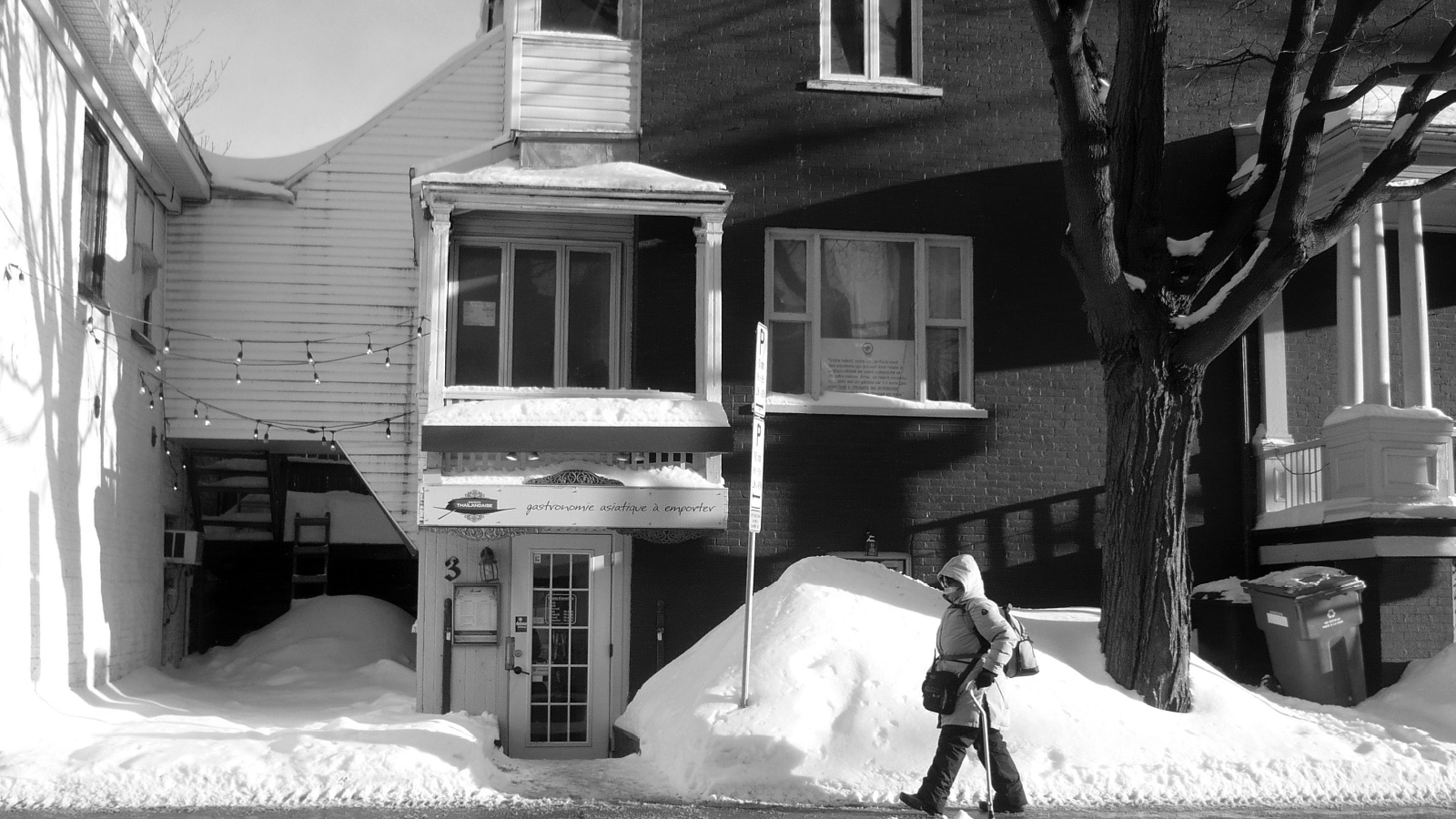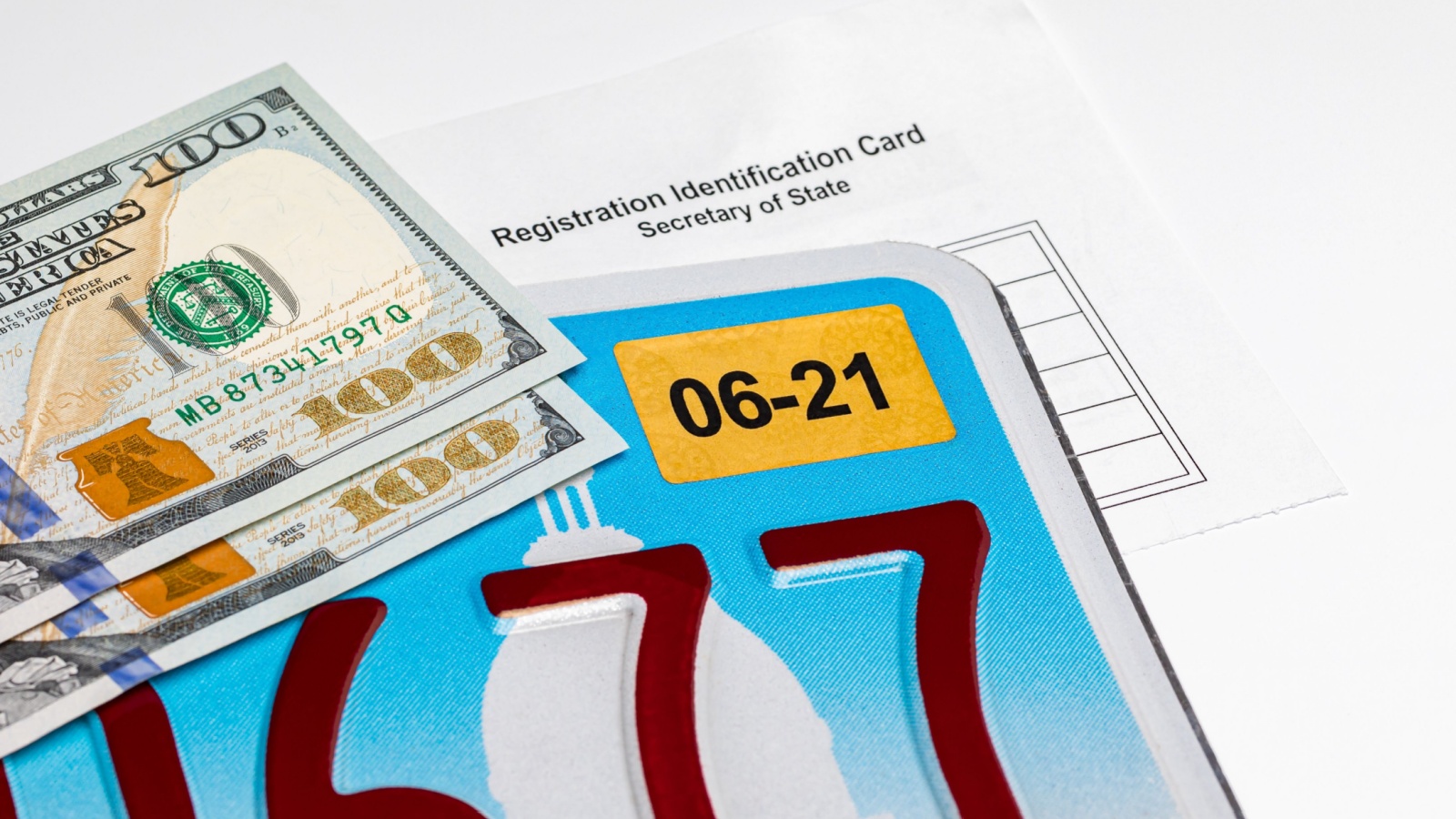Canada prides itself on fairness, order, and respect for the rule of law, but not all laws are as obvious as stopping at a red light. From quirky provincial regulations to overlooked federal rules, many Canadians unknowingly break the law in their day-to-day lives. Whether it’s jaywalking on a quiet street, transporting alcohol across provincial borders, or letting your dog off-leash where it’s not allowed, these infractions are surprisingly common. Here are 21 everyday Canadian laws most people accidentally break:
Jaywalking

In most Canadian cities, jaywalking is against the law, though it is often overlooked unless it causes a safety risk. Crossing mid-block or against a signal can result in fines ranging from $15 to $100, depending on the province. Police usually enforce it in high-traffic areas, but even quiet side-street crossings technically break the law, and many pedestrians do it out of habit, assuming it’s harmless. While rarely ticketed, it’s still considered an offense, and in the event of an accident, responsibility can fall more heavily on the jaywalker.
Not Clearing Snow from Sidewalks

In many Canadian municipalities, property owners are legally required to clear snow and ice from sidewalks adjacent to their homes or businesses within a set time frame. In cities like Toronto and Calgary, failing to shovel after a snowfall can lead to fines, sometimes over $100. Many residents overlook this duty, assuming the city handles it. However, keeping sidewalks safe is legally on the shoulders of homeowners. It is an everyday law many forget in the rush of winter routines, but ignoring it can put both pedestrians and wallets at risk.
Distracted Walking

Some provinces and cities, including Toronto, have considered or enacted laws targeting distracted walking, particularly using phones while crossing streets. While not universally enforced, pedestrians can face fines if caught texting or scrolling while in crosswalks. Many Canadians don’t realize they’re technically violating safety regulations by focusing on screens rather than traffic. The law aims to reduce accidents caused by inattentive walking, which have been on the rise in urban areas. Most people assume only drivers face distracted behavior fines, but pedestrians are also responsible for ensuring they cross safely and attentively.
Noise Violations

Loud music, parties, or even mowing the lawn at the wrong time can fall under noise bylaw violations. Each municipality sets quiet hours, often between 11 p.m. and 7 a.m., but many Canadians overlook them. Even playing instruments or hosting gatherings during “quiet time” can lead to complaints and tickets. Enforcement is often complaint-driven, meaning neighbors determine if you’re in trouble. Many assume noise issues are just about courtesy, not legality, but ignoring municipal bylaws can result in fines ranging from $100 to several hundred dollars.
Drinking in Public Spaces

While enjoying a beer in the park might seem harmless, public drinking is illegal in most parts of Canada unless specifically designated. Some provinces, like British Columbia, have begun loosening restrictions with pilot programs, but in most places, sipping wine on the beach or a cold beer at the park bench can lead to fines. Many tourists and locals alike assume open alcohol laws mirror European practices, but in Canada, the rules remain strict. Enforcement varies, but carrying a visible drink outside licensed areas is technically breaking the law.
Transporting Alcohol Across Provinces

Most Canadians don’t realize that it is technically illegal to carry large amounts of alcohol across provincial borders. Laws vary, but transporting liquor beyond set personal-use limits without going through provincial liquor boards can result in fines. The rule dates back to Prohibition-era restrictions and remains in place despite criticism. Many people unknowingly break this law when buying wine in Quebec to bring home to Ontario, or beer in Alberta for a trip to B.C. While rarely enforced for small quantities, it is a surprising restriction Canadians often overlook.
Bike Bell Requirements

Cyclists across Canada are legally required to have a functioning bell or horn on their bikes, but many don’t. In cities like Toronto, Vancouver, and Ottawa, riding without one can result in a ticket of up to $110, and many assume reflectors and lights are enough for safety, forgetting the bell requirement. The law exists to ensure cyclists can alert pedestrians and other road users, especially on shared paths. Despite being a simple rule, countless riders unknowingly break it every day while cruising through city streets and bike trails.
Seatbelt Laws for All Passengers

While most Canadians know drivers must wear seatbelts, many forget that backseat passengers are also legally required to buckle up. Fines vary by province but typically start at $150, with drivers sometimes held responsible if passengers under 16 fail to comply. Some Canadians mistakenly assume seatbelt laws only apply to front-seat passengers. Police occasionally run safety blitzes targeting this oversight. Beyond fines, not wearing a seatbelt increases injury risk significantly. It is a common rule people break casually, especially during short rides, not realizing its legal and financial consequences.
Off-Leash Dogs in Restricted Areas

Most municipalities in Canada require dogs to be leashed in public unless in designated off-leash zones. Many owners, assuming their dog is friendly and well-trained, let them roam free in parks, beaches, or trails where it isn’t permitted. Fines range from $100 to $300, depending on the city. While some overlook the rule as harmless, it exists to protect both dogs and the public, especially children and wildlife. It’s one of the most commonly broken bylaws, with enforcement often spurred by complaints from fellow residents.
Using a Handheld Phone While Driving

Most Canadians know distracted driving laws exist, but many still break them without realizing. Using a handheld phone, even while stopped at a red light, is illegal across the country, and fines can exceed $600 and carry demerit points. Drivers often assume that quickly checking a map or sending a short text won’t matter, but even brief distractions count. Bluetooth and mounted devices are allowed, yet countless people slip into old habits daily. This law is one of the most strictly enforced, though many Canadians still underestimate its seriousness.
Littering in Public Spaces

Dropping coffee cups, food wrappers, or cigarette butts on sidewalks is technically illegal, yet it’s something many Canadians do without a second thought. Municipal bylaws across the country impose fines ranging from $50 to $500 for littering, with some cities adding higher penalties for repeat offenders. While enforcement depends on being caught in the act, littering laws are part of Canada’s broader environmental responsibility push. Many people assume it’s just socially frowned upon rather than legally enforced, but leaving behind trash in public spaces is a punishable offense.
Feeding Wildlife

Whether it is tossing bread to ducks or leaving snacks for squirrels, feeding wildlife is illegal in most Canadian parks. National parks like Banff and Jasper enforce this strictly, with fines up to $25,000 in extreme cases. The law exists to prevent animals from becoming dependent on human food, which disrupts natural ecosystems and endangers both animals and people. Many visitors, unaware of the consequences, do it out of kindness or for photo opportunities. While it seems harmless, feeding wildlife is one of the most common yet overlooked legal violations outdoors.
Smoking in Restricted Areas

With strict anti-smoking regulations across Canada, lighting up in public spaces like patios, playgrounds, or within nine meters of building entrances is often illegal. Despite signage, many Canadians and visitors break these rules unknowingly. Fines can range from $100 to over $500, depending on the province, and the restrictions extend to vaping and cannabis in most jurisdictions, making compliance even trickier. Many assume smoking outdoors is unrestricted, but laws aim to protect others from secondhand smoke.
Improper Use of Roundabouts

Roundabouts are increasingly common in Canadian cities, but many drivers misuse them, often breaking traffic laws in the process. Common mistakes include failing to yield, not signaling exits, or entering the wrong lane. Police can issue fines of $110 or more, depending on the violation, and while these infractions may seem minor, they create confusion and accidents. Many drivers assume roundabouts operate like four-way stops, leading to widespread misuse, and it is one of those laws where misunderstanding, rather than intentional disregard, causes people to break it regularly.
Expired License Plate Stickers

Driving with expired license plate stickers is an overlooked violation that many Canadians commit without realizing. While some provinces like Ontario recently eliminated sticker fees, others still require up-to-date decals. Fines vary but can exceed $100. Many people forget to renew on time, especially since reminders aren’t always sent. Police can pull drivers over specifically for outdated plates, even if they’re otherwise driving safely. It is a minor oversight that quickly becomes a legal issue, showing how easy it is to break everyday traffic laws unknowingly.
Crossing Train Tracks Illegally

Cutting across train tracks outside of designated crossings is illegal across Canada, with fines that can reach $100 or more. Many pedestrians and cyclists use tracks as shortcuts, not realizing it is both dangerous and against the law. Transport Canada enforces this rule to reduce fatalities and accidents, and despite warnings and signage, countless Canadians do it daily, especially in small towns where crossings seem safe. The law may feel excessive to some, but it addresses a real safety hazard that people routinely underestimate in everyday situations.
Using Radar Detectors

Radar detectors, used to detect police speed traps, are illegal in most Canadian provinces, including Ontario, Quebec, and Manitoba. Even possessing one in your vehicle, even if unused, can lead to fines of over $200 and confiscation of the device. Many Canadians mistakenly believe they’re only illegal if actively in use. In provinces where they are banned, enforcement is strict, and police use technology to detect them. Despite being a niche issue, it is a surprising law that drivers frequently break without realizing the full consequences.
Crossing Against Pedestrian Lights

Even when no cars are in sight, crossing against the pedestrian signal is a ticketable offense in Canada. Municipalities consider it a form of jaywalking, with fines ranging from $30 to $100. Many people think it’s harmless, especially in quiet neighborhoods or during late hours, but it is still illegal. The law is meant to ensure predictable traffic flow and safety for all, but most pedestrians don’t associate the act with breaking the law, which is why it remains a commonly ignored regulation across the country.
Fishing Without a License

Fishing is a beloved pastime across Canada, but most provinces require a valid fishing license, even for recreational anglers. Many Canadians, especially tourists, assume casting a line in a lake or river is free. Fines for fishing without a license vary but can run into hundreds of dollars, and the regulations are designed to protect fish populations and ensure sustainable practices. This is one of the most commonly overlooked laws, particularly in rural areas where enforcement feels less visible but conservation rules still apply.
Texting on a Bike

While most people associate texting-and-driving laws with cars, cyclists are also required to keep their focus on the road. Using a phone while riding can result in fines under distracted driving or unsafe cycling bylaws. Many Canadians break this rule unknowingly, believing the regulations don’t apply to bikes. The law emphasizes safety for both cyclists and others on the road, as a distracted rider is just as likely to cause an accident, and it remains a common oversight in cities with heavy bike traffic like Montreal and Vancouver.
Watering Lawns During Bans

In the summer months, many Canadian municipalities impose water restrictions due to drought concerns. Residents are often unaware or forget the set watering schedules, continuing to use sprinklers or hoses outside allowed times. Breaking these bylaws can result in fines from $50 to several hundred dollars, and many people don’t realize it is an enforceable law, not just a guideline. Enforcement increases during hot summers, when water use peaks, but it is one of the most common environmental laws Canadians accidentally break in their day-to-day household routines.
21 Products Canadians Should Stockpile Before Tariffs Hit

If trade tensions escalate between Canada and the U.S., everyday essentials can suddenly disappear or skyrocket in price. Products like pantry basics and tech must-haves that depend on are deeply tied to cross-border supply chains and are likely to face various kinds of disruptions
21 Products Canadians Should Stockpile Before Tariffs Hit
